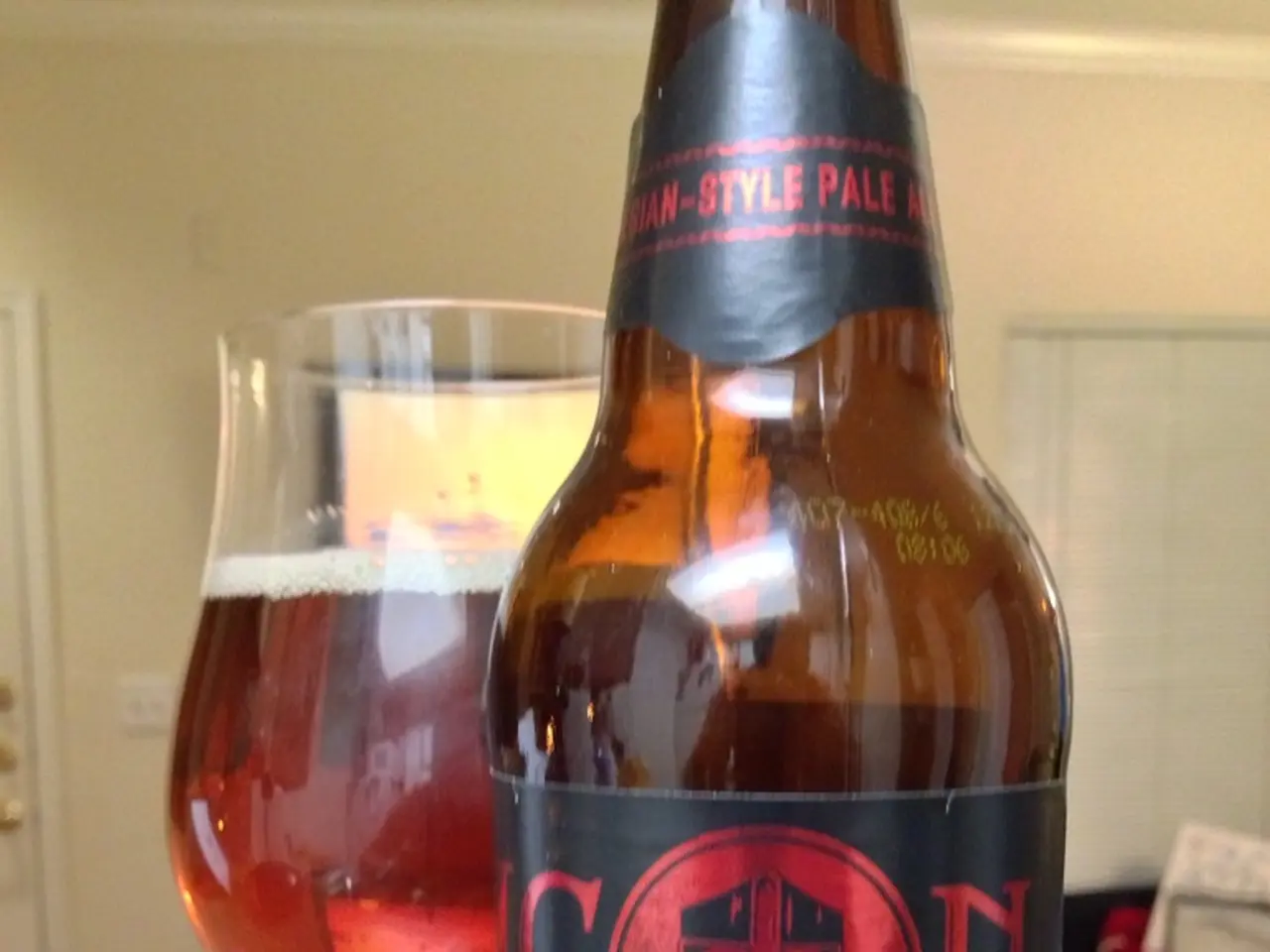Irish financial institution, Allied Irish Bank (AIB), extends service to limit gambling expenditures within Ireland
The Irish financial landscape is witnessing a significant shift as AIB, one of the country's leading banks, introduces a gambling block for its customers. This move comes amidst persistent delays in the implementation of the Irish Gaming and Lottery Act (GRA), originally slated for completion in 2024.
The decision by AIB to block gambling transactions is a proactive step towards protecting its customers from potential gambling-related issues. The gambling block can be activated by calling the AIB Additional Support Helpline and is available for both personal and business accounts. This move follows Ulster Bank's lead, which introduced a similar option in November 2020. EBS Ireland, a subsidiary of AIB, has also made the gambling block available for its customers.
The introduction of the gambling block is a timely response to a growing concern in Ireland. A 2019 study by the Health Research Board found that approximately 4% of the Irish population is affected by gambling addiction. One high-profile example is Gaelic football player and All-Ireland winner Oisín McConville, who struggled with gambling addiction and lost around £100,000 (€118,629) due to gambling. McConville now advocates for awareness of the dangers of gambling in Ireland.
Geraldine Casey, AIB's Head of Retail Banking, stated that the financial services industry has a role to play in supporting customers in managing any gambling difficulties. She emphasised that AIB's aim is to protect players with gambling issues by potentially blocking transactions with online casinos and betting providers.
The Irish government reached an agreement on the contents and terms of the GRA as early as late 2022, but the new regulations aim to replace the Betting Act of 1931 in Ireland. However, it remains unclear when the new gambling rules will come into effect. The Irish parliament has recently passed a new gambling bill with regulations that include a ban on gambling advertising in Ireland between 5:30 AM and 9:00 PM.
The delay in the full implementation of the GRA and the phased rollout of its regulations reflect the need to establish the new Gambling Regulatory Authority of Ireland (GRAI) and transition to a more modern, comprehensive regulatory framework. The GRAI has begun the transition to a new, centralized licensing regime, initially accepting Business-to-Consumer (B2C) license applications later in 2025, with Business-to-Business (B2B) licenses and charitable gaming permits to follow subsequently.
In conclusion, while the full implementation of the GRA is delayed, the introduction of the gambling block by AIB is a positive step towards addressing gambling-related issues in Ireland. This move underscores the bank's commitment to supporting its customers and contributing to a safer and more responsible gambling environment.
[1] Source: Gambling Regulatory Authority of Ireland [5] Source: Irish Times
Online casinos in Germany may also consider implementing a gambling block for their customers, following the positive impact seen in Ireland. Such a move could align with the finance sector's growing role in promoting responsible gambling practices within business accounts.
As AIB, a leading Irish bank, is now addressing gambling-related issues, other financial institutions might follow this approach and take similar proactive steps to protect their customers financially and emotionally from potential gambling-related problems.




